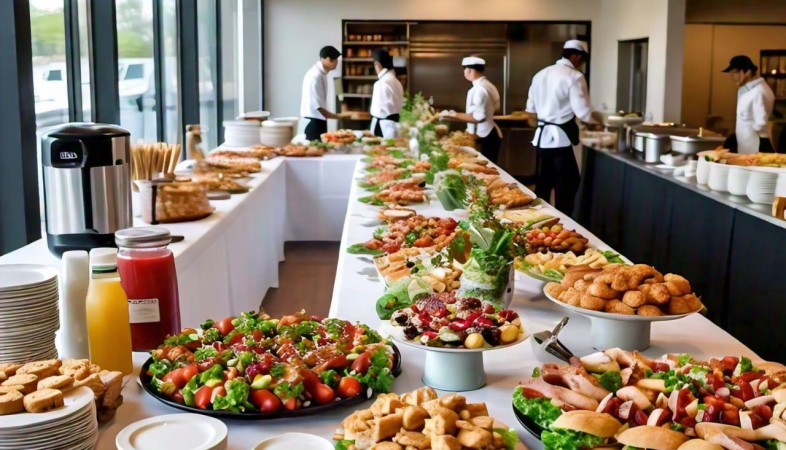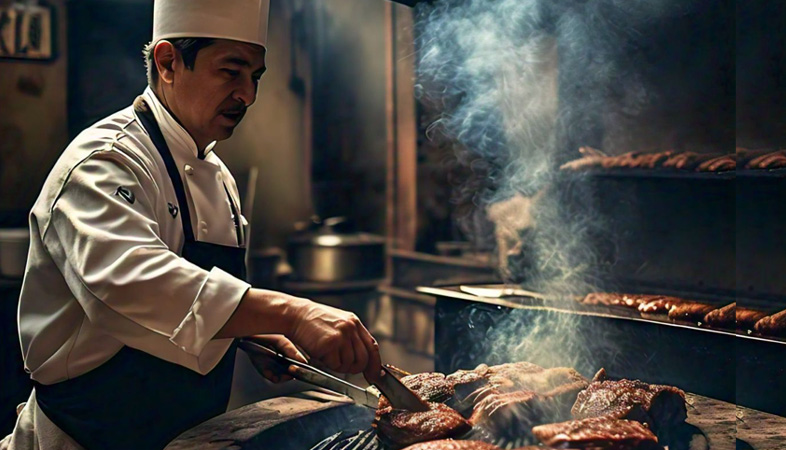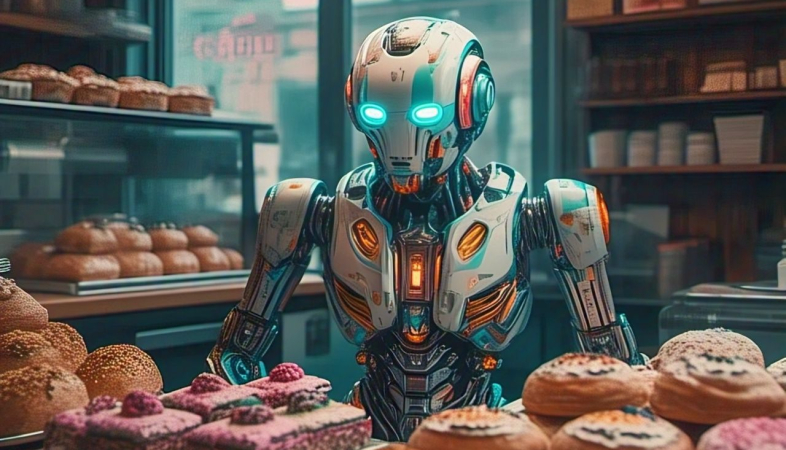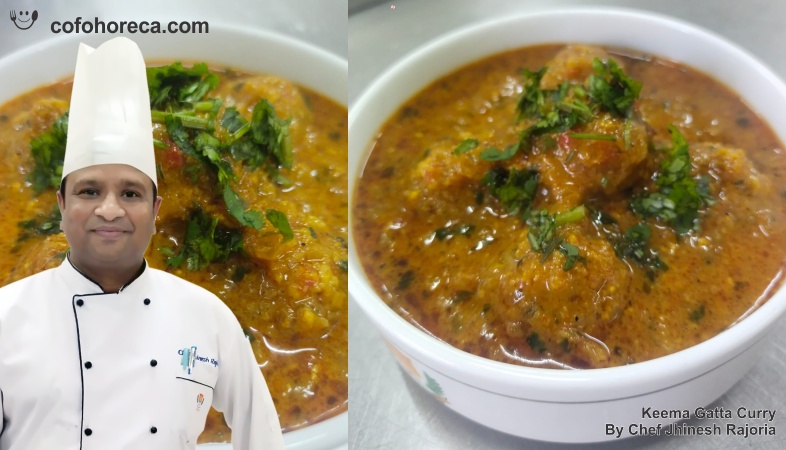How AI Can Help Cut Food Waste in Large-Scale Kitchen Operations
The integration of AI in large-scale kitchens is not just about cutting costs—it’s about fostering a culture of sustainability and efficiency.
Food waste is a major concern in large-scale kitchen
operations, impacting costs, sustainability, and overall efficiency. Whether in
hotels, restaurants, or catering businesses, excessive waste leads to financial
losses and environmental harm. However, artificial intelligence (AI) is
emerging as a game-changing solution, helping kitchens reduce waste through
smarter inventory management, predictive analytics, and real-time
monitoring.
One of the primary ways AI combats food waste is through advanced demand forecasting. By analyzing past sales data, weather conditions, seasonality, and even local events, AI-powered systems can predict the exact amount of ingredients required for upcoming meals. This prevents over-purchasing and ensures that perishable goods are used before they expire, reducing unnecessary spoilage.
AI also plays a crucial role in inventory management. Traditional methods rely on manual stock checks, which are prone to human error and inefficiency. AI-driven systems, integrated with IoT sensors and smart tracking tools, provide real-time updates on stock levels. These systems can automatically generate alerts when ingredients are nearing their expiration date or when surplus stock needs to be repurposed, allowing chefs to plan menus accordingly.
Another area where AI excels is portion control and menu optimization. Many kitchens struggle with food waste due to oversized portions or unpopular dishes. AI-powered tools analyze customer preferences, portion sizes, and plate waste to recommend adjustments in serving sizes or suggest alternative recipes that better align with diner expectations. This data-driven approach ensures that food is not only well-utilized but also enhances guest satisfaction by offering dishes that align with demand.
AI-enabled kitchen automation further reduces waste by streamlining food preparation. Smart cooking appliances, guided by AI algorithms, help standardize cooking times and temperatures, preventing overcooking or spoilage. Additionally, AI can assist in repurposing excess ingredients by suggesting creative ways to incorporate them into future dishes, thus minimizing waste without compromising quality.
Sustainability initiatives are becoming a priority for many hospitality businesses, and AI supports these efforts by offering insights into food waste patterns. Restaurants and hotels can track waste metrics, identify recurring issues, and implement targeted solutions. Some AI-powered platforms even integrate with food donation networks, allowing kitchens to redistribute surplus food to local charities instead of discarding it.
The integration of AI in large-scale kitchens is not just about cutting costs—it’s about fostering a culture of sustainability and efficiency. By leveraging data-driven insights, businesses can make smarter purchasing decisions, optimize menus, and reduce overall waste. As technology continues to evolve, AI-driven food waste management will play an increasingly vital role in shaping the future of sustainable hospitality operations.
.png)





























